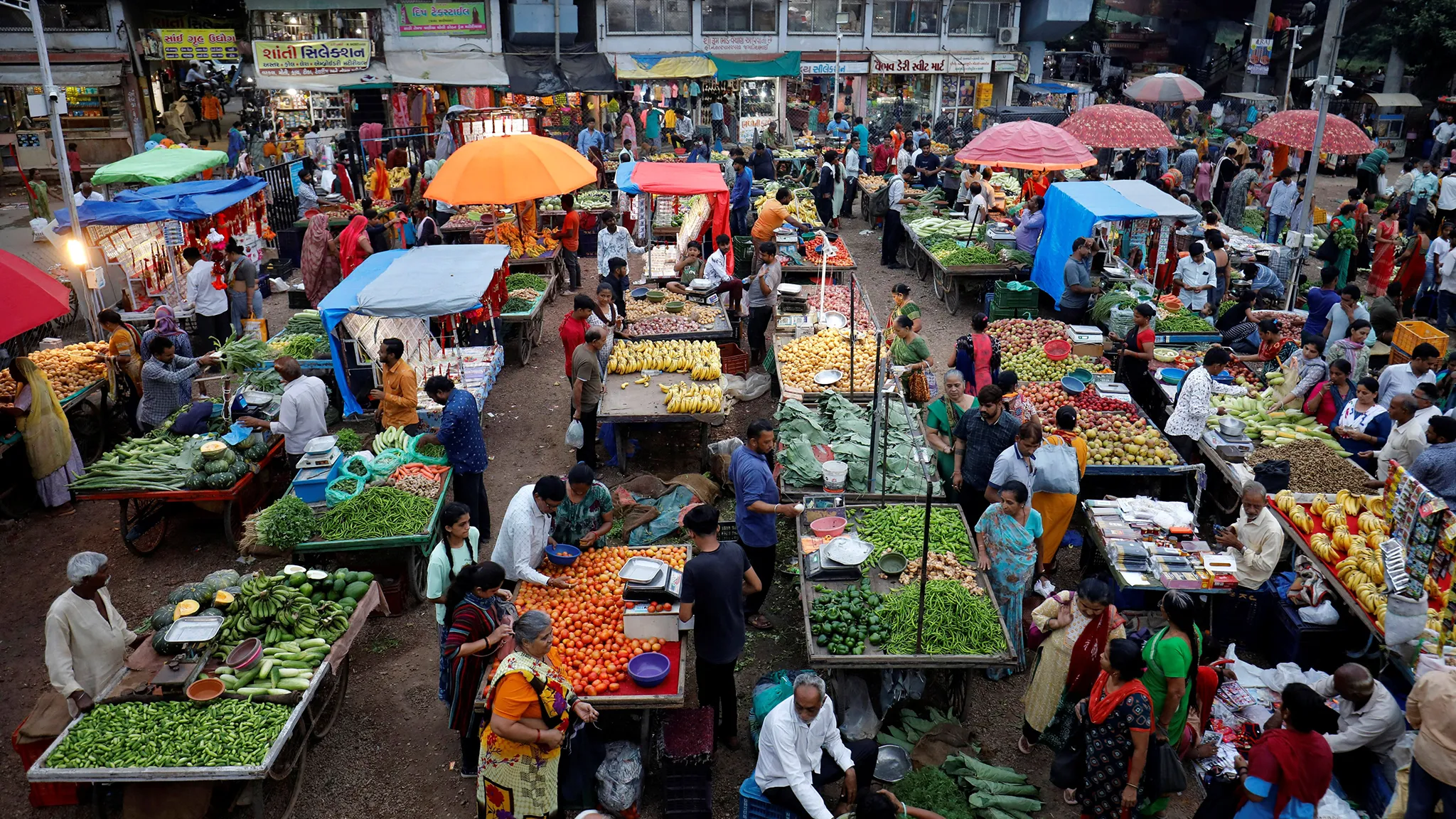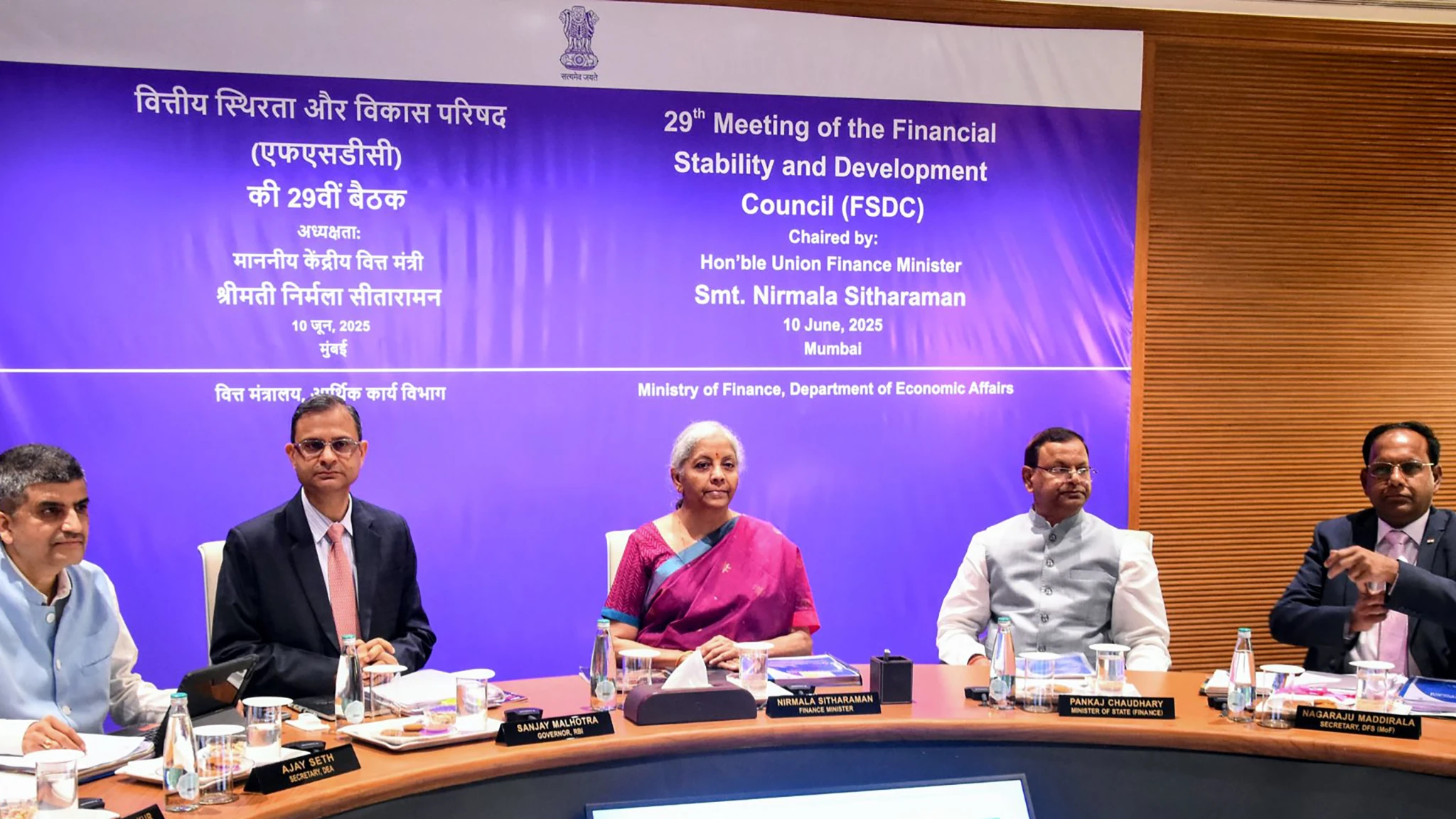Market participants are experiencing a sense of unease as retail inflation figures for September climbed to the highest point this year. This development has cast a shadow on the stock markets, which are trading slightly lower this Tuesday afternoon, even as global cues remain encouraging and crude oil prices soften. The question now looms large: will the Reserve Bank of India (RBI) proceed with anticipated interest rate cuts, especially after shifting to a neutral policy stance last week? The answer is far from straightforward.
Inflation Surprises No One
To be fair, the RBI was already anticipating a rise in retail inflation. In their October policy meeting, the governor had signalled the likelihood of increased retail inflation for September. Private surveys had also hinted at this trend. The excessive monsoon rains, which wreaked havoc on crops and disrupted supply chains, played a significant role in pushing up vegetable and food prices. Therefore, the inflation spike in September, while exceeding consensus estimates, was not entirely unexpected. Historically, food and vegetable prices are susceptible to seasonal shocks, and they typically stabilise as conditions normalise and new harvests arrive.
RBI’s Tightrope Walk
However, the RBI, known for its vigilance on inflation, might prefer to exercise caution. It will be a complex decision for the Monetary Policy Committee when they convene in December to discuss interest rate cuts. On one hand, core inflation, which excludes volatile food, vegetable, fuel, and commodity prices, is not spiralling out of control. On the other hand, recent data suggests a moderation in demand and a slowdown in the domestic economy. Industrial production, gauged by the Index for Industrial Production, contracted in August for the first time in 22 months. Car sales are sluggish, with dealerships resorting to discounts and hoping for a festive season boost to clear inventories. FMCG companies are also reporting mixed sales performance.
Global Risks Add Complexity
Adding to the complexity, the RBI must also navigate growing external sector risks stemming from the US presidential election, trade tensions, China’s stimulus measures, and the global economic slowdown. These factors could potentially shift the RBI’s focus from strict inflation management to supporting economic growth. Nomura economists suggest, “The impulse will have to originate from the growth perspective. Should the GDP figures for the July-September quarter fall short of the RBI’s 7 per cent projection and prompt a revision of the FY25 forecast of 7.2 per cent, the emphasis could shift from stringent inflation-targeting to a more flexible approach.”
Will the RBI prioritise taming inflation or supporting growth in the coming months? The answer will likely depend on a careful assessment of incoming economic data and evolving global conditions.
Image Courtesy: X (PiQSuite)










Leave a Reply